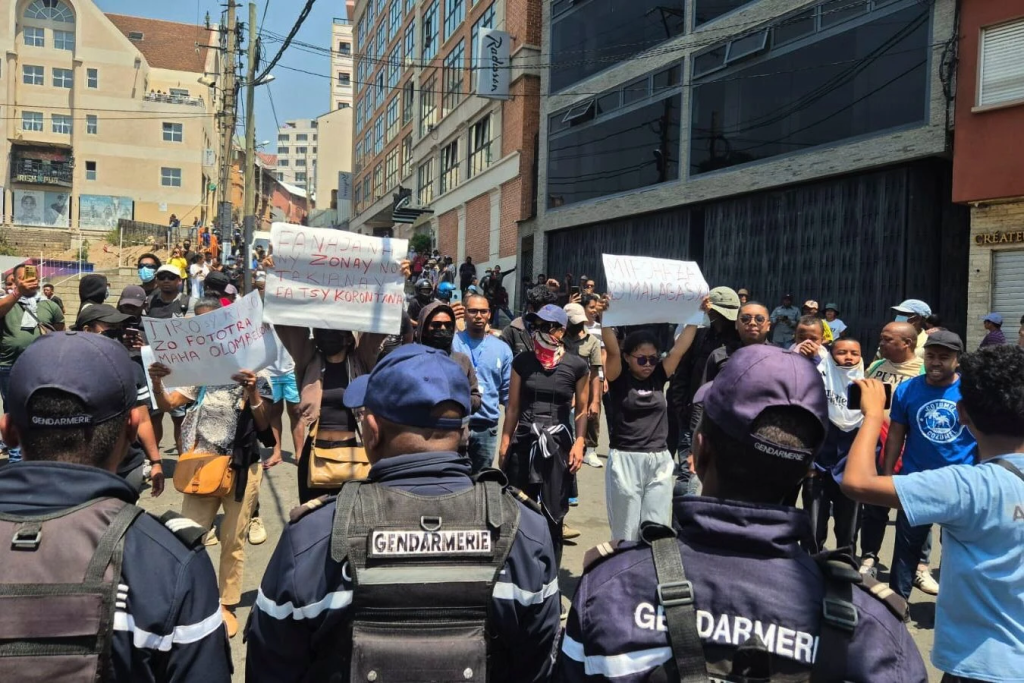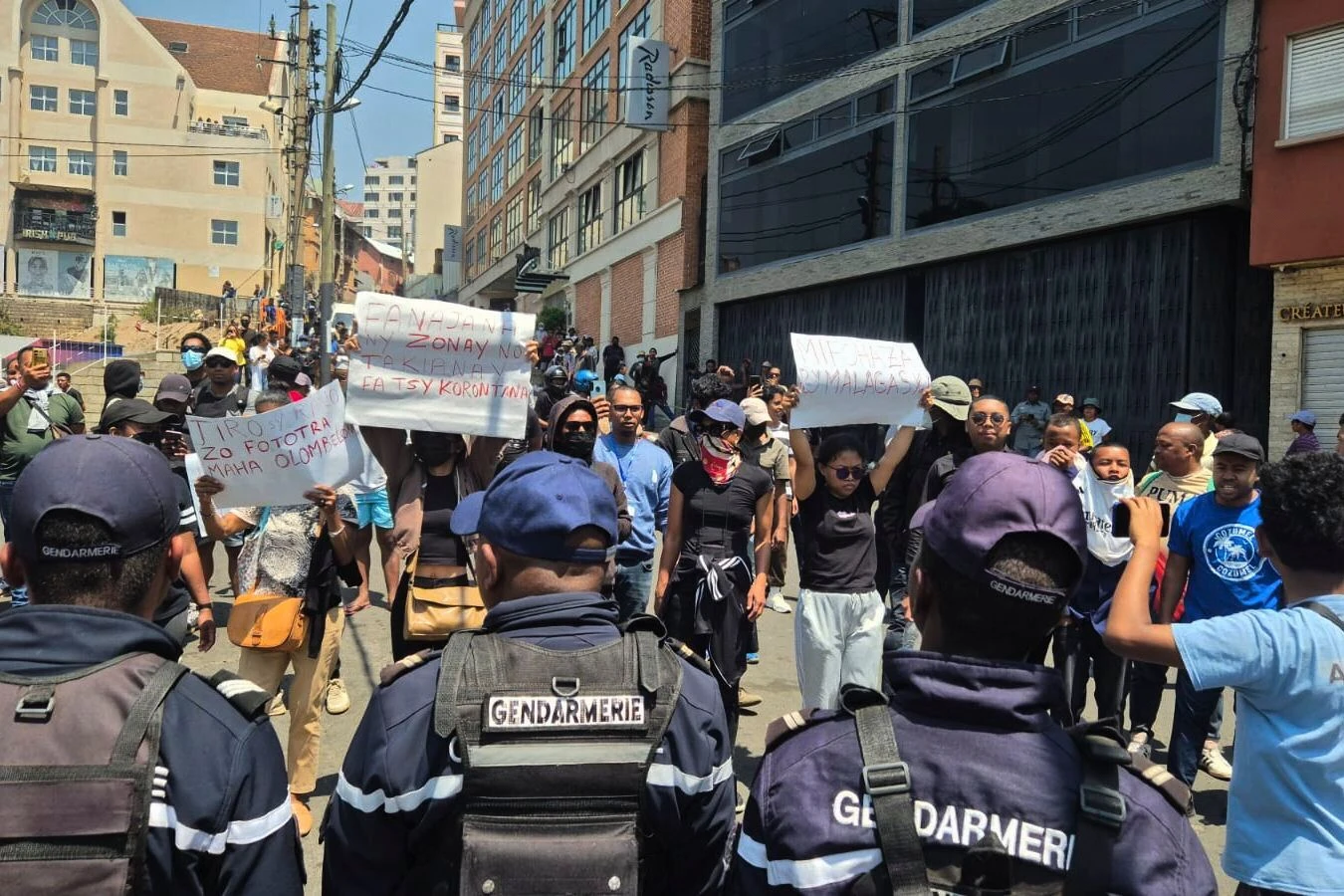Madagascar’s President Andry Rajoelina has dismissed his government in the wake of mass youth-led demonstrations over crippling power outages and water shortages. The unrest, the largest in years, has already claimed at least 22 lives and left more than 100 injured, according to the UN—figures that Madagascar’s government disputes.
The protests, inspired by recent youth mobilisations in Kenya and Nepal, mark the gravest political challenge Rajoelina has faced since securing a controversial third term in December 2023. Thousands of demonstrators, many dressed in black and calling for his resignation, have occupied the streets of Antananarivo for several days. Security forces have met them with teargas and rubber bullets, drawing criticism from the UN’s human rights office, which accused police of using excessive force.

In a televised address, Rajoelina apologised for his government’s failures, acknowledging the hardships caused by unreliable water and electricity supplies. He announced a three-day window for candidates to apply for the position of prime minister, after which a new cabinet will be formed. The president also pledged dialogue with youth leaders and promised support for businesses hit by looting during the unrest.
The protests have borrowed tactics and symbols from movements abroad, including the flag adopted by Nepalese demonstrators who recently forced their prime minister’s resignation. Online mobilisation strategies similar to Kenya’s 2023 anti-tax protests have also been deployed.
Rajoelina, a former DJ turned politician, first seized power in a 2009 coup, later winning elections in 2018 and again in 2023—though opponents alleged the most recent vote was riddled with irregularities. His presidency has unfolded against the backdrop of Madagascar’s chronic poverty and recurring cycles of political unrest, a pattern dating back to its independence in 1960.



